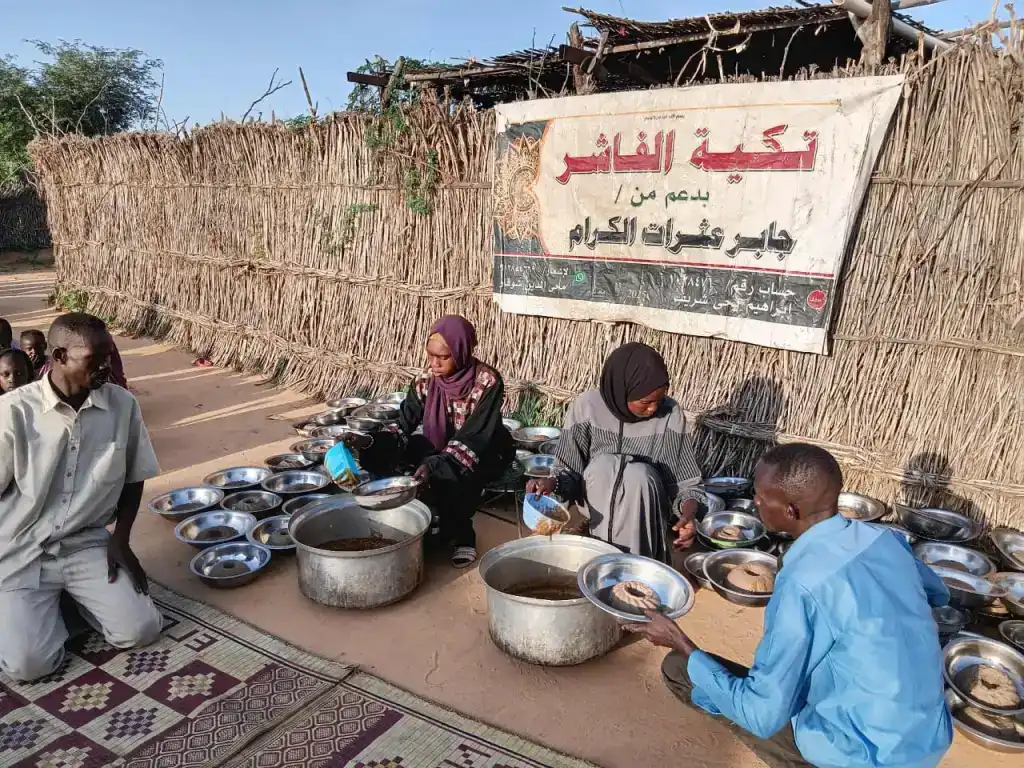Sudan’s journalists navigate a battlefield where every story could be their last. In 2025, the civil war has turned reporting into a high-stakes gamble, with shelling claiming lives in Khartoum and Darfur.
Freelancer Ahmed Hassan dodged artillery fire while covering a market attack, only to flee as explosions scattered civilians.
“The ground shakes, and you run for cover,” he said. Over 50 media workers have died since the conflict began, per local reports, making Sudan one of the deadliest places for the press.
Hunger as a Silent Enemy
Beyond bullets, hunger stalks reporters in a nation where famine grips millions. Journalists like Fatima Ali in displacement camps go days without meals to document starvation.
“We eat what we can find, but it’s never enough,” she shared. Food scarcity forces many to prioritize survival over stories, with aid convoys blocked by fighting.
The UN warns of acute malnutrition affecting 2 million children, and journalists often skip reporting to forage for scraps.
Persecution from All Sides
Threats come not just from war but from warring factions. The Rapid Support Forces and Sudanese army both target reporters, accusing them of bias.
Arrests, beatings, and censorship silence voices; over 20 journalists were detained in August 2025 alone.
“They call you a spy if you film the wrong side,” said veteran cameraman Khalid Omar. Online harassment and death threats push many into hiding, eroding media freedom.
Why Journalists Persist
Despite the risks, Sudan’s reporters endure to expose atrocities. Their work documents bombed hospitals and forgotten refugees, keeping the world informed.
“We stay because someone must tell the truth,” Omar said. International groups like the Committee to Protect Journalists call for better protection, but local efforts focus on underground networks sharing stories safely.
The Cost of Courage
Sudan’s conflict has displaced 10 million people, and journalists bear witness at great personal cost. Families mourn lost loved ones, and the profession shrinks as burnout rises.
Yet, their resilience fuels hope for accountability.
What’s Next
In October 2025, as peace talks stall, journalists face tougher conditions. Calls for ceasefires and press shields grow louder, but change remains elusive.




















